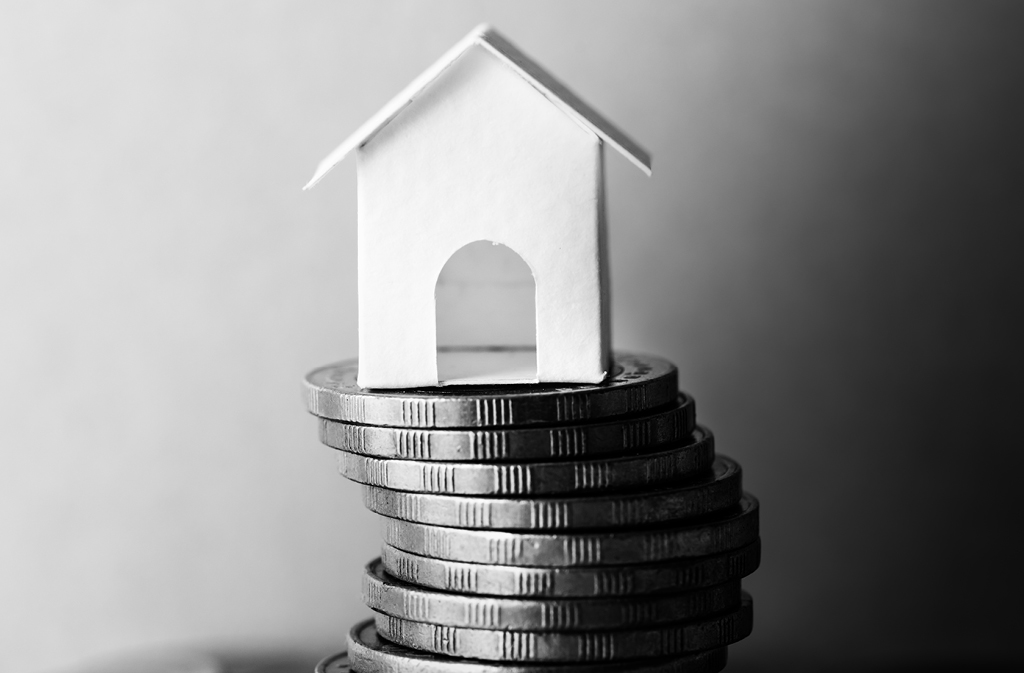Recession vs. Housing Crisis: What’s the Difference?
Because homeownership represents one-quarter of an American household’s net worth, any suggestion of a housing crisis or impending recession can cause widespread unease. However, despite often being conflated, the two don’t necessarily have to go hand in hand.
A recession is an economic downturn, while a housing crisis occurs during a recession but is not necessarily the cause of it. With economic uncertainty on the horizon, it’s essential to understand why the crash of 2008 does not replicate today’s climate and to distinguish between the two scenarios to understand better how the housing market can be impacted.

The 2008 financial crisis vs. today
The market crash in 2007–2008 is a perfect example of a recession and a housing crisis occurring at the same time. The collapse of the housing market caused a ripple effect throughout the economy, leading to a recession that lasted for several years. The housing crisis was the result of a relaxation in the qualification criteria for subprime mortgages, also called nonqualified mortgages. Many borrowers took out loans they couldn’t otherwise afford, and when house prices declined soon after, they ended up defaulting on their mortgages. This led to bankruptcies, a massive increase in foreclosures (3.1 million in 2008 alone), and a crash in housing values.
Times have changed drastically since then. First and foremost, subprime lending is subject to intense scrutiny by the Consumer Financial Protection Bureau. Its restrictions and requirements to qualify are numerous. With these protections and regulations in place, we will unlikely ever experience that type of market meltdown again.

What happens to the housing market in a recession?
Generally, a recession occurs when the economy experiences a downturn for a prolonged period (more than a few months) that impacts income and employment levels. However, it’s a myth that home prices fall during a recessionary period—in four of the last six recessions since 1980, home prices appreciated, which is advantageous to sellers—dispelling the myth that home prices fall during a recessionary period. Conversely, mortgage rates do typically fall during that time, which means that although the interest rates of 3 and 4 percent are gone, the current 6 to 7 percent rate will likely drop if we enter into a recession as predicted by experts, making it more favorable for buyers.
What determines a housing crisis
There are several reasons why a housing crisis can occur, and it doesn’t have to be on a national scale. For example, it can be due to an increase in the cost of housing that fails to meet the needs of buyer demand, a dramatic drop in pricing due to an overabundance of inventory in less densely populated areas, or an influx of people into a specific geographic location, which causes an inventory imbalance.

Housing inventory is keeping the market steady
The housing crash of 2008 has had a lasting effect on the current housing market, resulting in a shortage of nearly four million homes. This supply-demand imbalance creates competition for homes when they are listed for sale, which keeps housing activity high despite higher interest rates and rising home prices. If, however, a recession does occur in the United States—which experts anticipate starting before the end of 2023 and going into mid-2024—it could lead to a slight decrease in housing values. An economic recession on a larger scale would likely lead more homeowners to sell, increasing the amount of housing inventory and causing housing prices to level out somewhat. An increase in interest rates can also reduce demand for housing, which could further rebalance the housing market.
Finally, homeowners with mortgages are generally at low risk of default due to the more stringent lending guidelines and the stability in pricing. And because the housing market is largely driven by supply and demand rather than by speculation, industry professionals generally believe that a housing market crash is highly unlikely. They also suggest that while high mortgage rates may decrease housing demand, they will likely only lead to a moderation of home prices rather than any significant reversal or crash.
If you want to purchase or sell, speak with your real estate agent to explore the options that best suit your situation.


